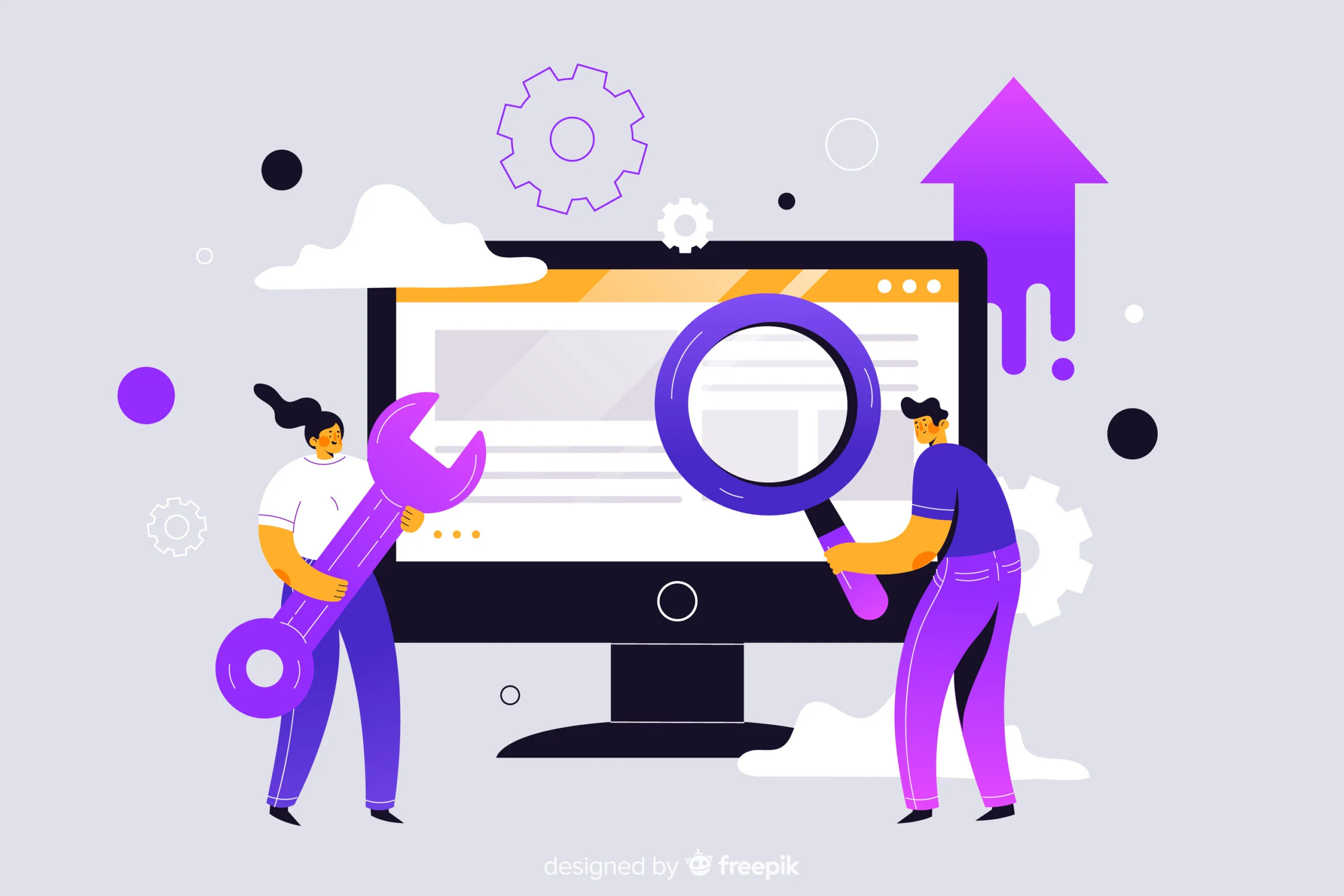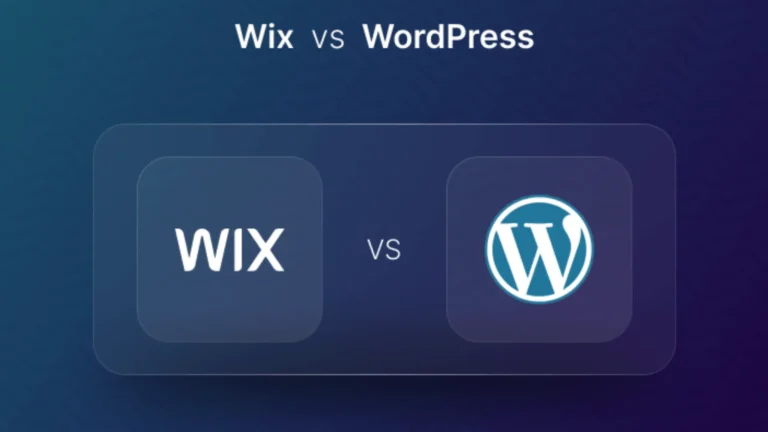Introduction
The vastness of the internet presents a challenge in making your website easily discoverable. However, with the power of SEO, you can efficiently reach your target audience. Yet, fierce competition exists, as other website owners in your niche are equally invested in SEO.
Fortunately, there is an additional strategy to gain an advantage—web scraping. When utilized effectively, web scraping can elevate your SEO efforts, providing valuable insights that can propel your website’s ranking on Google’s search engine to new heights. In this article, we will explore how to harness the potential of web scraping to maximize SEO results and boost your website’s visibility.
What is SEO?
SEO, which stands for search engine optimization, encompasses various strategies to enhance your website’s visibility on search engine result pages, effectively reaching your target users.
The primary goal of SEO is to achieve organic visibility, meaning your website appears in search results without paying search engines for placement. Instead, users find your website because its content aligns with their search queries.
SEO relies on several crucial factors, including website structure, loading speed, relevant keywords, high-quality content, excellent user experience, and valuable backlinks.
By optimizing your website based on these factors, it falls into a higher relevancy category, leading web crawlers to assign greater value to your site. As a result, your website’s ranking improves, expanding its potential reach to a broader target audience.
While these factors may appear straightforward, their interactions can be intricate and challenging for website owners to manage alone. That’s where the expertise of a dedicated SEO professional becomes invaluable. While a mid-level SEO expert can achieve some degree of optimization, an experienced specialist who comprehends the nuances of the World Wide Web will emphasize the importance of investing in web scraping for optimal results in digital business SEO.
Let’s delve into how web scraping can effectively bolster your SEO efforts and take your website’s visibility to new heights.
How Web Scraping Facilitates SEO
Web scraping is the practice of extracting data from various websites, allowing access to publicly available information that can be harnessed and processed to support decision-making. As previously mentioned, SEO relies on specific factors, including keywords, backlinks, and website structure details – all of which essentially represent valuable data points.
Understanding how websites utilize these factors to devise effective SEO strategies is crucial, and web scraping becomes a valuable tool for obtaining this essential data. Naturally, a thorough analysis is imperative to draw meaningful insights from the gathered information.
Keyword Research and Analysis
Keyword research and analysis play a crucial role in SEO, and web scraping tools offer a convenient way to gather valuable data on search engine rankings, keyword performance, and search trends.
By scraping search engine result pages (SERPs), you can identify the keywords your competitors are targeting to reach their audience. This information is invaluable in ensuring your page ranks well for specific queries, increasing your website’s visibility and relevance to users.
Competitor Analysis
In the world of business, understanding your competitors’ actions is essential. Web scraping provides a valuable tool for gathering crucial data on other prominent players in your industry. This data encompasses details like website structure, content, backlinks, and social media presence.
By collecting and analyzing this data, you gain valuable insights into their strategies, which can then be utilized to enhance your own. This approach enables you to make your brand stand out by capitalizing on successful tactics employed by your competitors and further improving upon them.
Content Optimization
Although keywords and other factors hold significance, search engine web crawlers prioritize high-quality content. Web scraping data from online forums, social media pages, blog comments, and more grants access to the specific questions users are seeking answers to.
Armed with this knowledge, you can generate content that truly resonates with readers, leading to improved click-through rates (CTR) and a higher ranking on Google’s Search Engine Results Page (SERP).
Backlink Analysis
Backlinks play a crucial role in elevating websites on the relevance list. Conducting a comprehensive backlink analysis provides valuable insights into the factors that contribute to the generation of inbound links. Data points to collect in this analysis encompass anchor text, relevance, source, and more. These data points offer valuable information on the link-building process and its impact on a website’s visibility and authority.
Choosing Between Customer Web Scrapers and Scraper APIs
When deciding between in-house web scrapers and scraper APIs like Google Scraper API, it’s important to consider their respective advantages:
Custom Web Scrapers:
- Custom web scrapers provide a significant advantage through their high level of customization, allowing them to be tailored with specific features that precisely meet the company’s needs.
- Moreover, these in-house solutions offer enhanced security compared to relying on third-party tools.
- They prove particularly valuable when dealing with websites that possess complex structures, as their customization allows for efficient and accurate data extraction.
Scraper APIs
When making the choice between custom web scrapers and scraper APIs, it’s essential to take into account the following factors:
- Technical Expertise: Building a custom web scraper requires coding skills. If your team possesses the necessary expertise, creating an in-house solution might be feasible.
- Data Requirements: Before deciding on a path, identify your specific data needs and determine which option best fulfills them. Consider the complexity of the data sources and the required output.
- Scalability: If you anticipate the need for scalability to handle larger volumes of data or expand operations, opting for tools like Google Scraper API, which is designed to handle such demands, maybe a prudent choice.
- Maintenance: Consider the human and financial resources required to maintain and update in-house scrapers regularly. If managing maintenance becomes challenging, utilizing scraper APIs like Google Scraper API can relieve that burden.
The Ethics of Web Scraping
Unfortunately, web scraping has acquired a negative reputation due to the actions of a few bad actors. Some businesses, seeking a competitive advantage, unfairly portray web scraping in a negative light while engaging in scraping themselves.
Like many e-commerce activities, it is crucial to operate within ethical boundaries and comply with the law. To master ethical web scraping and avoid unnecessary troubles, consider the following guidelines:
- No PII Scraping: Personally Identifiable Information (PII), such as emails, home addresses, telephone numbers, and names, should never be scraped. Engaging in PII scraping is unethical and can lead to severe data-mining disasters, as seen in the infamous Cambridge Analytica scandal.
- Scrape Only Public Data: The internet is abundant with publicly available information, which can be ethically collected. However, certain valuable data might be inaccessible due to password protection, such as social media pictures, forum posts, or product reviews. Attempting to scrape data that requires additional verification is considered unethical.
- Adhere to the Robots.txt File: While public data is accessible, it’s essential to respect the rules set forth in the website’s Robots.txt file. This file outlines the data-sharing guidelines for the website. Though adherence to it may not be obligatory, respecting these rules is always the best practice. Avoid overwhelming the website with an excessive number of data-gathering requests to prevent potential disruptions.
Conclusion
Web scraping is a potent tool that can elevate SEO efforts and provide valuable insights for better website visibility. Ethical practices, such as avoiding PII scraping and adhering to Robots.txt files, ensure responsible data collection. Understanding SEO, competitor analysis, content optimization, and backlink analysis empowers businesses to make informed decisions. Whether utilizing custom web scrapers or scraper APIs, a strategic approach is key to maximizing results. With responsible web scraping, businesses can gain a competitive edge and achieve success in the online landscape.




